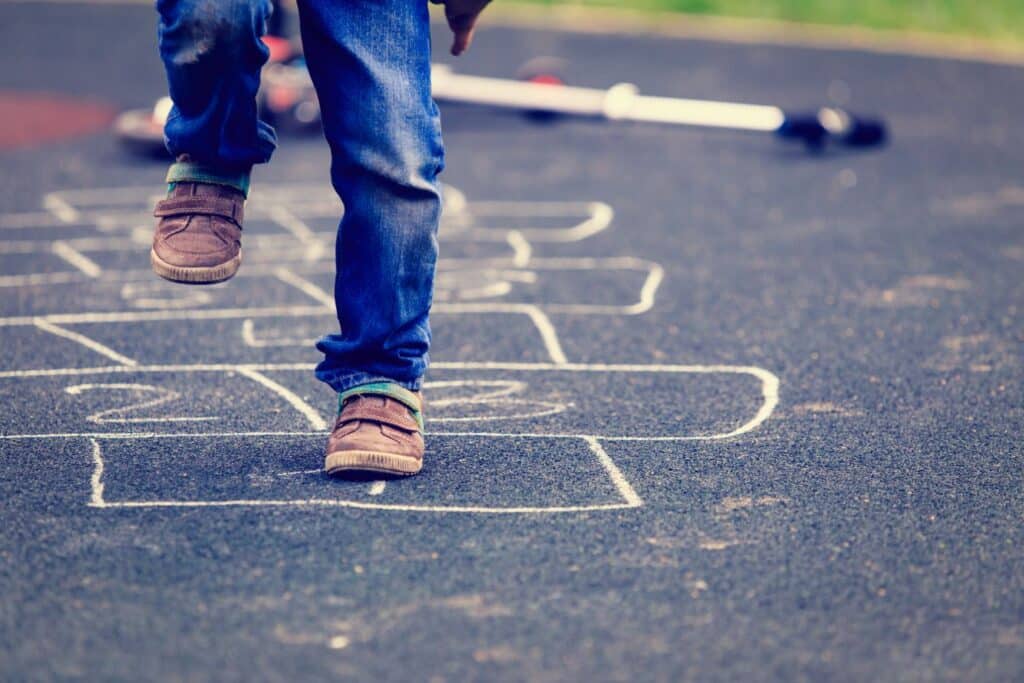My son’s name is Rohit. We named him in the months leading up to his birth; his name evokes in me the beginning of summer, the colour red, a strong energy. I felt that energy as my husband and I slowly strolled laps of the nearby Birrarung, me, pausing with early labour contractions, TENS machine in place. It’s been over 5 years since that day, and my vibrant boy has started school.
This year, we are beginning to navigate a new experience for us; having our son misnamed, called instead by – in the interest of being frank – another brown kid’s name. I’ll call that boy ‘Rahul’ for the purpose of this story. Not once did we experience this at his day care and kinder. In fact, my husband I and often joked that the educators, many of whom had culturally diverse backgrounds, and many of whom were Indian themselves, would say his name better than we did! With a subtle roll of the r, a soft h and t; not that hard really, for those who make an effort.
But now we contend with being referred to as Rahul’s parents. And not just once, but repeatedly, by a variety of people we’ve come to meet. My son tells me that he is being called by Rahul’s name directly, despite correcting the same person several times. It pains me that this has become the work of my 5-year-old. I feel strongly that we, as a community, should strive to get names and identities right, particularly for faces outside our own race, which we may find more challenging to remember (aka the own-race bias).
How to describe the impact of this? It is not the same as simply mixing up a name. Conflating the identities of two culturally diverse individuals (in this case, while my oldest son does indeed carry much more melanin than his brothers, he is ethnically half Polish), makes us feel like we are interchangeable.
That our skin colour, or brownness, is the most prominent feature of our identity. In my son’s case – those who call him by another brown kid’s name don’t see that he’s a smart, active, inquisitive, social, and unfailingly photogenic boy – instead, he’s most defined by the colour of his skin. This hurts. As I snapped back at someone, after a month of similar experiences, at being referred to as Rahul’s mum, ‘I may be brown, but I’m not his mum.’ I did wonder too, if we would face this experience in an area with a different cultural demographic.
As a migrant, not born in the country of my parents’ birth, nor this country, I have had countless experiences of having my name questioned and mispronounced. Being ‘othered’ is an ongoing part of my life, and in many ways, I’ve come to accept it. More painful to recollect is an instance of being told as a ‘joke’: ‘Oh, you haven’t made it easy for us!’ Similarly, my Polish Australian husband once was asked by a neighbour on introducing himself ‘OK, but can I call you John?’ Um, no.
Early on in my training as a paediatrician, I reflected to a mentor that I was considering changing my name when I got my fellowship, to make it easier for my patients. At the time, I was a naive 24-year-old, trying to conform to the dominant culture. Now I know that I would never give away the name I was born with. And not once has a single patient or parent had any difficulty saying or remembering my name. It is uniquely mine, and I carry it with pride.
Our names are not always intuitive or neat. Our names speak to our heritage, and when you say my name, you honour my parents, and what they named me for. As for Rohit, my son, my sun, my awakening. How well we named him. I hope in time he’ll be only called by his name, and I hope they’ll say it right.

